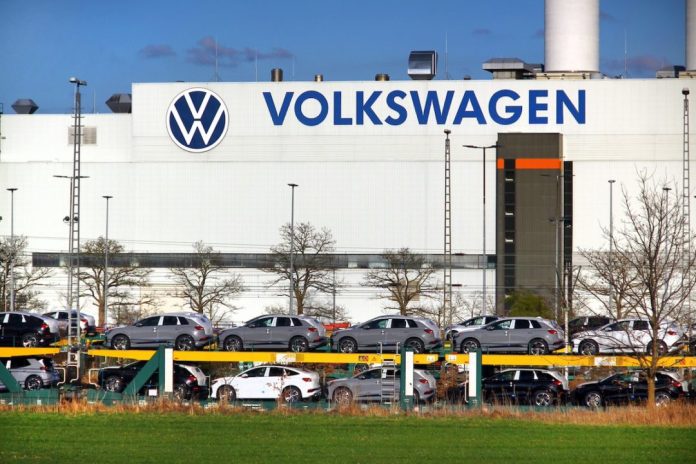Volkswagen plans to close “at least” three factories in Germany, lay off tens of thousands of employees and downsize its remaining plants in the country, according to CNN.
The domestic factory closures would be the first in Volkswagen’s 87-year history. However, the company is already facing resistance from the country’s labour unions, where Volkswagen employs 295,000 people. The move could turn into strikes in the coming weeks. Industrial action could begin from 1 December, with “tens of thousands” of workers “ready to express their dissatisfaction with management.”
Volkswagen had been in talks with unions for weeks over its plans to cut costs and restructure its business, Thorsten Groeger, lead negotiator for IG Metall, the country’s largest union, revealed.
If VW (Volkswagen) confirms its dystopian path on Wednesday, the board must expect the corresponding consequences on our part.
In a statement on Monday, Volkswagen’s works council said the planned cuts, which included a 10-per-cent pay cut for all workers, were deeper than expected and “of historic proportions.” The council chairperson Daniela Cavallo said:
All German VW plants are affected by this. None of them are safe. This is the plan of Germany’s largest industrial group to start the sell-off in its home country.
Volkswagen, one of the world’s biggest car manufacturers, warned it needed a radical overhaul as the group faced growing competition in China and slowing sales elsewhere. Executives said the carmaker was selling 500,000 fewer vehicles annually in Europe than it did before the pandemic, the equivalent of about two car factories.
Thomas Schaefer, the CEO of Volkswagen passenger cars, claimed that productivity at German plants was inadequate, with production costs exceeding the company’s budgeted capacity by 50 per cent.
